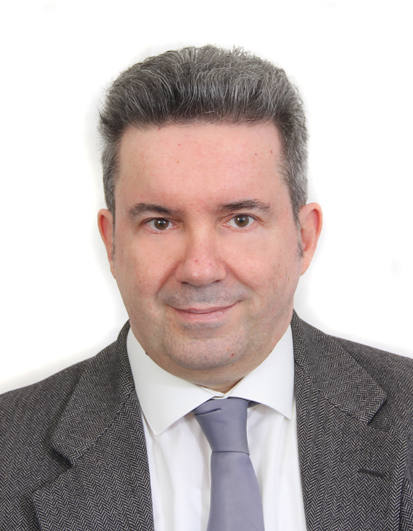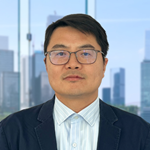Gianfranco Chicco holds a Ph.D. in
Electrotechnics Engineering and is a
Full Professor of Electrical Energy
Systems at Politecnico di Torino
(POLITO), Italy. He is a Fellow of the
IEEE and the Chair of the IEEE Italy
Section (2023-2024). He received the
title of Doctor Honoris Causa from the
Universities Politehnica of Bucharest
and Technical University “Gheorghe
Asachi” of Iasi (Romania) in 2017 and
2018, respectively.
He is the Scientific Responsible of the
research group on Power and Energy
Systems at POLITO, and the Responsible
of the Torino unit of the Italian
Consortium ENSIEL.
He is the Editor-in-Chief of Sustainable
Energy Grids and Networks, a Subject
Editor of Energy, and an Editor of IEEE
Open Access Journal of Power and Energy,
IET Renewable Power Generation, and
Energies (MDPI).
He was the Conference Chair of WESC
2006, IEEE ISGT Europe 2017, UPEC 2020,
and IEEE Eurocon 2023. Within POLITO, he
participated in the European projects
FP7 DIGENAS, FP7 SiNGULAR, H2020
FLEXMETER, H2020 PLANET, H2020 STORE&GO,
Erasmus+ EU-MONG, and Erasmus+
THREE-LANKA. Within ENSIEL, he was the
Scientific Coordinator for the European
project H2020 MIGRATE, and participated
in the European projects FP7
eHighway2050 and H2020 OSMOSE.
His research activities include Power
System Analysis, Distribution System
Analysis and Optimization, Electrical
Load Management, Energy Efficiency and
Environmental Impact of Multi-Energy
Systems, Data Analytics, Artificial
Intelligence Applications to Power and
Energy Systems, Renewable Energy Sources
and Distributed Generation, and Power
Quality.
His International scientific production
includes one book, five book chapters,
over 100 journal publications, and over
150 publications in conference
proceedings.
|





